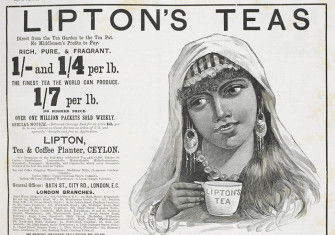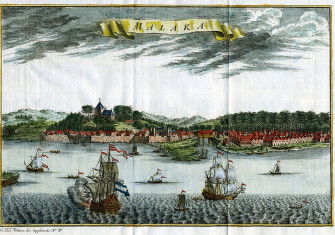A History of Consumer Culture
The notion that ‘Greed is Good’ was not born in the 1980s, nor even in the 20th century. Frank Trentmann traces the roots of today’s rampant consumer culture to the imperial ambitions of the great European powers.

We live in a world overflowing with things. British wardrobes are bursting with over six billion items of clothing, roughly a hundred per person. It has become usual to replace dresses and jackets every two to three years and there is nothing peculiarly Anglo-American or neoliberal about this growing mountain of stuff. Swedes, often held up as paragons of thrift and simple living, bought five times as many appliances and three times as many clothes in 2007 as they did in 1995. Even these figures reveal only so much. Imagine walking out of a shop not just with a new tablet device or a pair of trainers but with all the oil, aluminium and other materials needed to make them and you would be carrying an additional 300 shopping bags every week.







